February 9, 2025 | 11:05 GMT +7
February 9, 2025 | 11:05 GMT +7
Hotline: 0913.378.918
February 9, 2025 | 11:05 GMT +7
Hotline: 0913.378.918
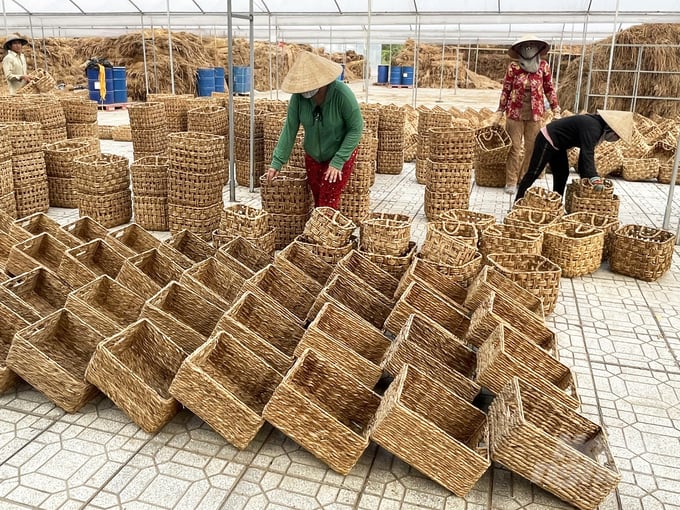
Weaving baskets from Scirpus littoralis Schrad creates new livelihoods for rural female workers. Photo: Huu Duc.
Scirpus littoralis Schrad is a type of grass that can commonly be seen around extensive brackish shrimp farming coastal areas, especially in the Ca Mau peninsula. Along wth other wild plants and trees in wetlands (sedges, water hyacinth, etc.), Scirpus littoralis Schrad is used as a wicker material to create beautiful and durable handicrafts which is widely accepted and consumed by export markets. This grass is considered to create a suitable new livelihood model for poor households in rural areas.
Scirpus littoralis Schrad grows naturally in coastal marshes. Scirpus littoralis Schrad possess the characteristics of a biofilter. It can even bring oxygen from nature down to the roots. Scirpus littoralis Schrad is adaptive to brackish water, with a salt tolerance of less than 8‰.
Scientists and farmers in the provinces of the Ca Mau peninsula have also conducted tests and proven that wherever Scirpus littoralis Schrad grows, the water sources is cleaned, which creates a good environment for shrimp, crabs and fish. It is very well-fitted for extensive shrimp farming models.
Scirpus littoralis Schrad is still abundant in the wild. if it is planted 1,000m2, after 4 months of harvest, farmers can harvest 3 times/year and gain approximatelty 1 ton of Scirpus littoralis Schrad. 7-8 kg of grass can give 1 kg of hay. The dried scirpus littoralis Schrad is used as raw materials for producing handicrafts such as bags, interior decorations, or carpets.
Dr. Duong Van Ni, former Director of the Center for Experimental Research - Biodiversity Hoa An, Can Tho University, has spent many years researching biodiversity in wetlands in the Mekong Delta. Since 2006, he has discovered that Scirpus littoralis Schrad is like a godsend, especially its ability to adapt to saline-brackish ecological zones.
Dr. Duong Van Ni is currently the Chairman and Director of the MCF (Mekong Conservancy Foundation) Fund. MCF recently collaborated with the Women's Union of My Xuyen district (Soc Trang) to find consensus in the community and apply the livelihood improvement model from Scirpus littoralis Schrad. Accordingly, MCF Vietnam Joint Stock Company (supported and consulted by the MCF Fund, not aiming for profit) seeks solutions to create livelihoods so that rural communities can have jobs and additional incomes. The beneficiary communities buy and use raw materials for basket weaving and making handicraft products for export.
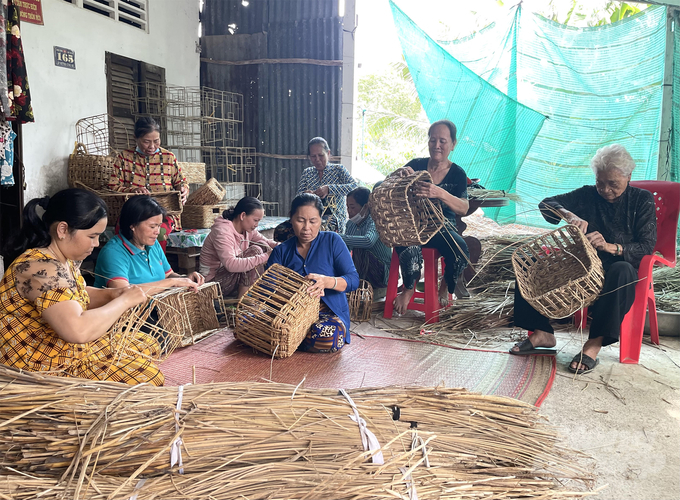
Scirpus littoralis Schrad creates jobs and income for female workers in rural areas. Photo: Huu Duc.
Currently, the Women's Union of My Xuyen district has organized 27 cooperative knitting groups, with 15-20 knitters/group. Raw materials from Scirpus littoralis Schrad woven baskets supply about 700 products/week to MCF. Depending on the product model, the processing price for basket weaving is from VND 14,000 to 31,000/basket. Each basket-weaving worker has an extra income for the family each week of about VND 400,000 - 500,000.
Mrs. Huynh Thi Vung (72 years old) from Hoa Tu commune (My Xuyen district, Soc Trang province) is a member of the knitting team. She knits 2-3 baskets a day (depending on the large or small sample), 6 baskets knitting in 3 days, processing money collected over VND 150,000. Although the income is not high because they have just learned to work, the people in the village are happy to have more stable jobs in their leisure days, not to mention it is suitable for the elderly in the countryside.
Mr. Nguyen Van Toan, director of MCF My Quoi Cooperative, Nga Nam town, Soc Trang province, said that the cooperative was established at the end of 2021 with 9 members. In the first months of 2022, the cooperative mainly built drying yards and coordinated with the Women's Union of My Quoi Commune to provide free training in knitting for female workers in rural areas.
The cooperative has formed a network of more than 400 laborers who have knitted some simple basket products (4-10 samples are common). In 2023, the cooperative continues its plan to train vocational training and improve knitting techniques, bringing the total number to 700 workers around the surrounding countryside.
In 2022, the cooperative provided 30,000 products. Currently, the production capacity of some samples of handicraft products from Scirpus littoralis Schrad of the cooperative is about 30,000 - 40,000 baskets/month. The cooperative buys dried Scirpus littoralis Schrad raw materials for VND 8,000 - 10,000/kg (depending on the transportation distance near or far). The cooperative delivers finished products to the Coordination Center of the MCF Foundation branch in Soc Trang. Here, wicker products will be collected from cooperatives and cooperative groups in the region, then packed and supplied to Housewares Company (Binh Duong) for 100% export to the USA, Australia, and Japan.
Translated by Ha Phuc
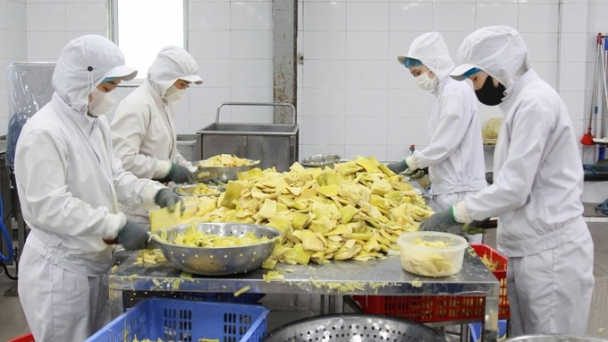
(VAN) The loyalty and close linkage between farmers and businesses in the production chain of Bat Do bamboo shoots will help protect the brand and expand the export market.
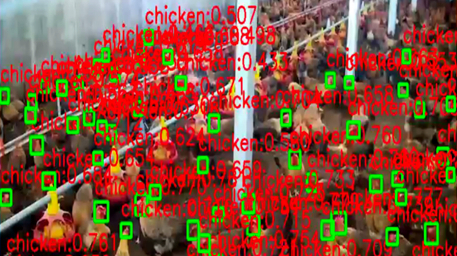
(VAN) In 2025, Xiashu Technology invested heavily in the R&D of artificial intelligence algorithms and is committed to the intelligent improvement of poultry hatching, breeding, and slaughtering.

(VAN) Mr. Johan van den Ban - CEO of De Heus Vietnam, encouraged international businesses to come to Vietnam to see firsthand the investment potential in the agricultural sector.
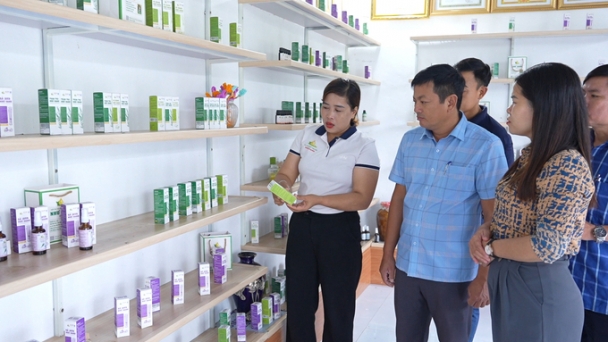
(VAN) The Nhu Oanh essential oil cooperative has expanded its medicinal plant cultivation area to 60 hectares and supplies over 300.000 seedlings annually.
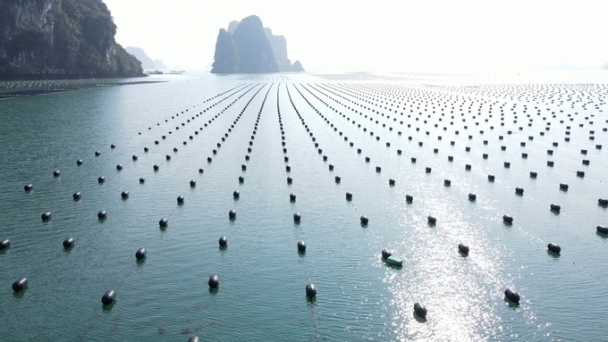
(VAN) Deputy Minister of Agriculture and Rural Development Phung Duc Tien emphasized this at the conference on ‘Development of mollusk and seaweed production’ held on the morning of December 26 in Nam Dinh.
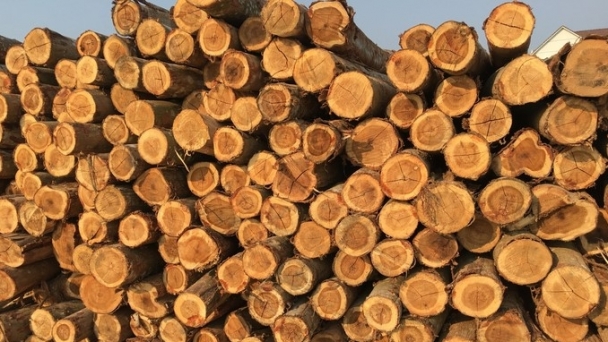
(VAN) Small planted forest timber is currently priced at 1.5 million VND/ton; large timber is priced at up to 1.8 million VND/ton; large timber with FSC certification is priced 20-30% higher than normal large timber.
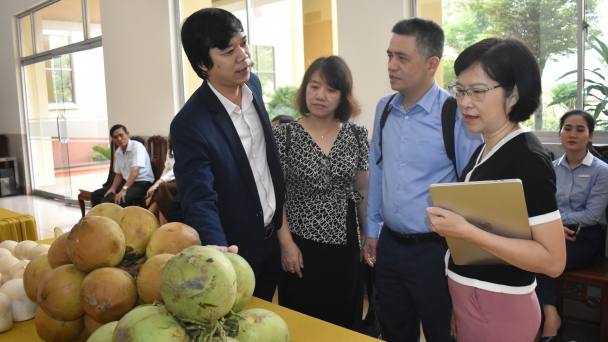
(VAN) The Vietnam Coconut Association has noted that the water coconut industry is thriving in Vietnam. Nevertheless, its development is still uneven, suggesting that there is a substantial untapped opportunity to attract foreign investors.